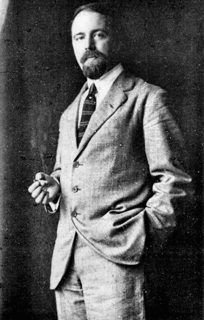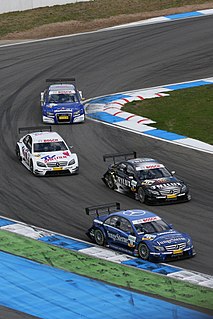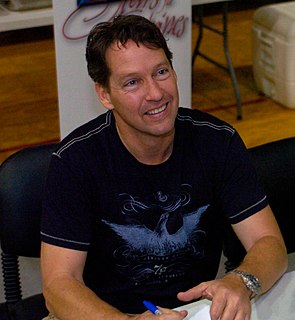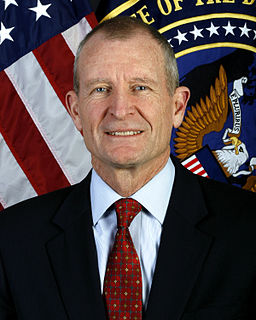A Quote by Pieter Geyl
Wars usually have the effect of speeding up the process of history.
Related Quotes
I went out to cover the wars in Iraq and Afghanistan fundamentally [in Buzzing at the Sill] because I was interested in war as a notion and in experiencing it. I was interested in history and how societies form. I was interested in the recent history of what had provoked these wars. So when I finally got out there, I was really seeing the wars through the American perspective, much more than through being embedded with American soldiers and Marines.
All American wars (except the Civil War) have been fought with the odds overwhelmingly in favor of the Americans. In the history of armed combat such affairs as the Mexican and Spanish-American Wars must be ranked, not as wars at all, but as organized assassinations. In the two World Wars, no American faced a bullet until his adversaries had been worn down by years of fighting others.








































